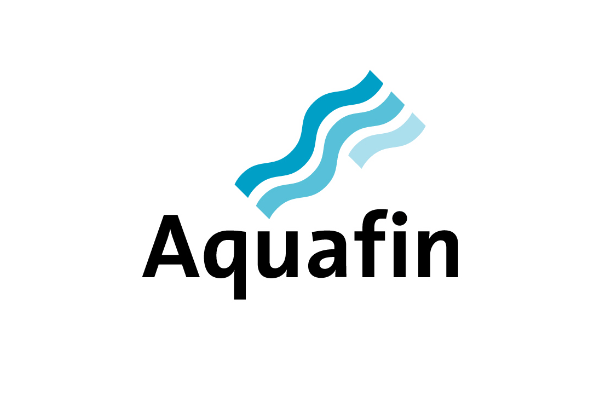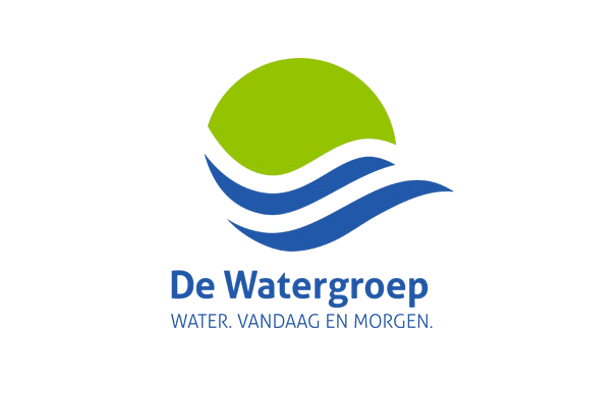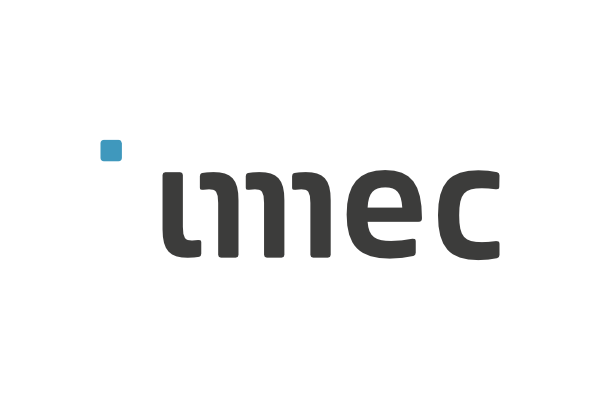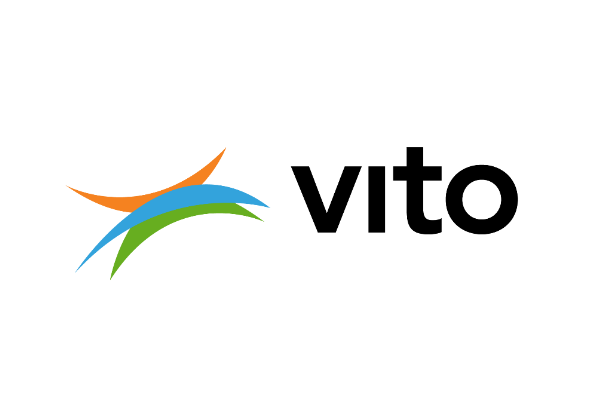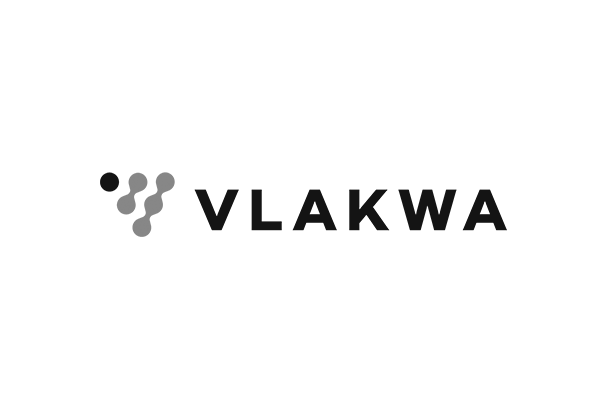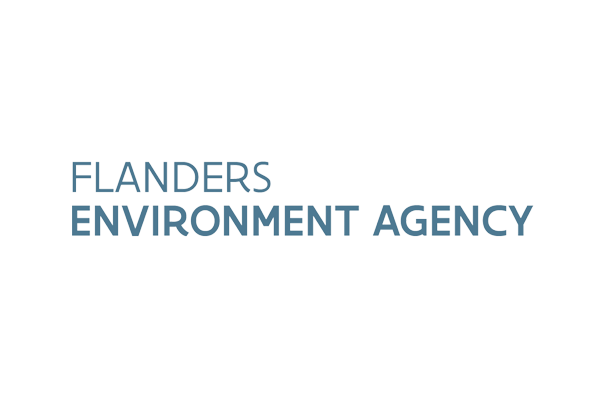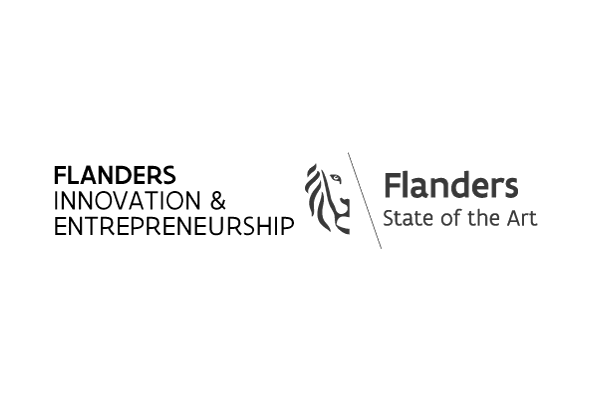Why Internet of Water for Flanders?
Water is scarce. Sustainable use is necessary. In Flanders too, there are many challenges: drought, water pollution but also flooding have a real impact on our lives.
Drinking-water supply, nature, agriculture, shipping, industry and recreation are under pressure in times of water scarcity.
Climatologists predict that both periods of persistent drought and extreme rainfall will increase due to climate change. This will further test the robustness of our water system.
Moreover, water is crucial for our employment. One in six jobs in Flanders are in sectors that depend on an adequate water supply at a reasonable price.
Our water resources must therefore be managed as optimally as possible. The real-time follow-up of useful indicators for water quality and the combination with smart algorithms and hydrological models ensure a more dynamic and flexible water management.
Digital technology as key enabler for water innovation
In recent years, numerous governments and organisations have highlighted the value and importance of ICT technology as a key enabler in the water sector, especially in terms of monitoring and reporting quality, quantity, reuse, leakages and extreme events. ICT technology and the delivery of real-time water information raises the awareness about the true value of water to all stakeholders.
The EU has established a roadmap towards a Single Digital Market for Water Services (two roadmap documents in2015 and 2016) as well as an action plan document (ICT4Water cluster, 2019). In addition, a report by Global Water Intelligence (2015) estimated the expected savings due to digitalization to be 176 billion USD in the drinking water sector and 143 billion USD in the wastewater sector during the 2016-2020 period. According to the Digital Water publication (IWA, 2019) connecting the digital world of metering and observation with advanced water treatment and distribution systems will lead to still unimaginable levels of manageability and control within smart cities, factories of the future and the water-smart society at large.
In short, a system to digitally monitor the quality of water, in real-time and on a large scale give environmental authorities and water utility companies the opportunity to:
· take preventive actions;
· enable a more dynamic, flexible and efficient use of water;
· improve sewage network and wastewater management.
It will put us in a better position to map the available water reserves and align them with water demands. This is an essential condition for the development of smart water systems for regions and cities and for regional climate change adaptation plans.
Project funded by the Flemish Government
That is why in April 2019 the Flemish Government, through its Agency for Innovation and Entrepreneurship (VLAIO), allocated 9 million Euros to the Internet of Water Flanders project.


